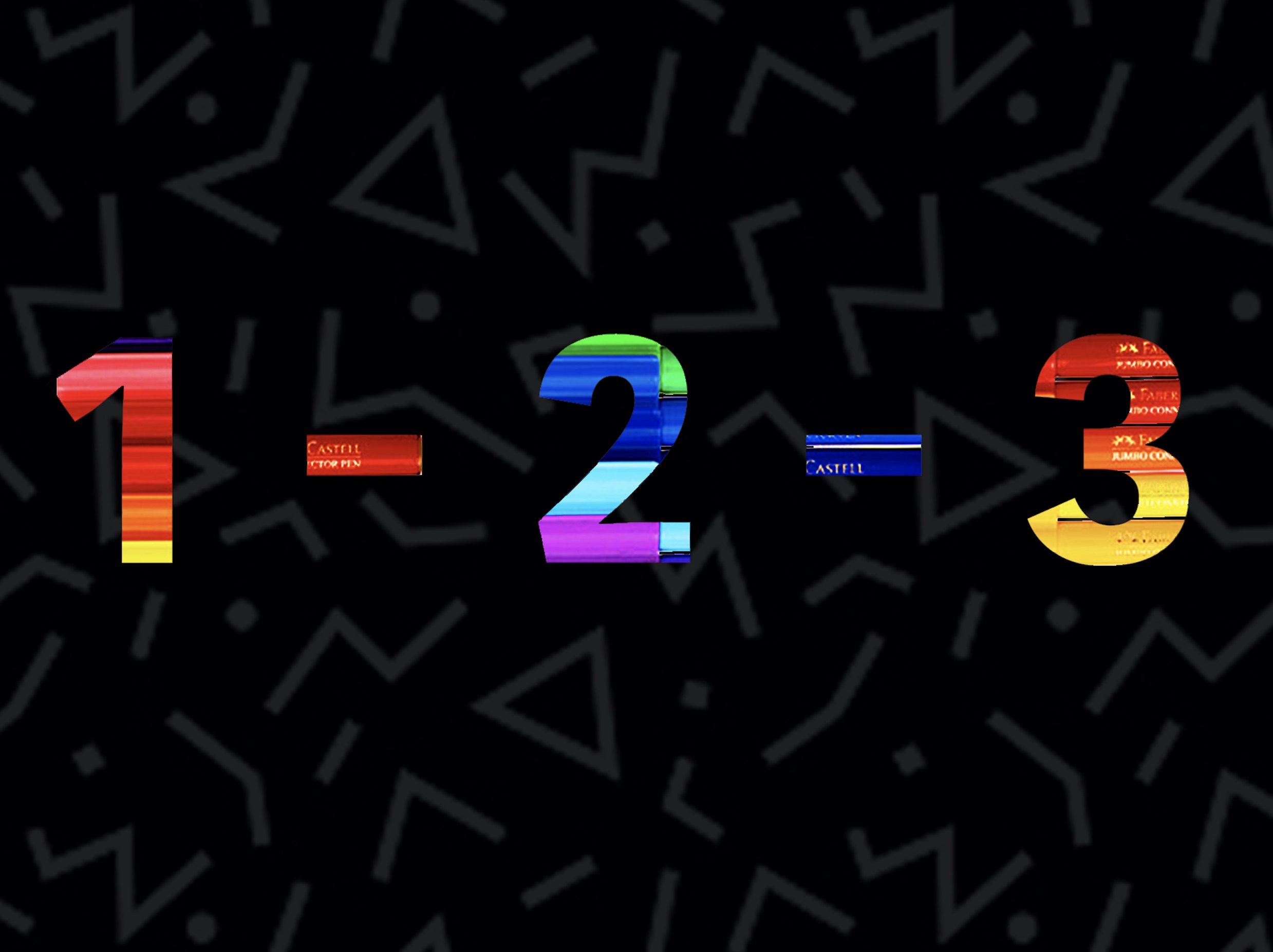By Shannon Schubert | @schubsymphony
1- BREAK IT DOWN
A common mistake is eliminating study breaks. Not allowing rest periods leads to increased stress levels, mental fatigue and inefficiency, so plan to have short breaks.
One common study break practice is based on the Ultradian rhythm, an internal biological cycle. If the brain can focus for 90 to 120 minutes before needing a break, a 15-20 minute break should be taken every 90 or so minutes. If you’re working through the day, include a one-hour lunch break.
Some people prefer a more HIIT study style. High Intensity Interval Training focuses on short, sharp bursts. The Pomodoro technique follows this theory. Using a timer, try 25 minutes of concentrating on one task until the timer goes off. This means no Facebook, no emails, no phone, and no distractions in that time. Then reward yourself with a small break! This technique is more useful for tasks that can be broken down into chunks or can be done in a short period of time like 25, 35 or 45 minutes.
No matter what study break style, all studies prove getting away from the desk and computer is best. Exercise, fresh air and nature are recommended to elevate mood and relaxation.
Research also suggests taking a powernap can be beneficial for study, improving memory function and reducing tiredness.
2- WHAT TO DO? MAKE A TO-DO LIST!
Planning your time is one of most effective ways to get things done.
One reason lists tend to work well is the sense of gratification when you tick something off.
A simple structure:
- Note down every task, no matter how big or small;
- Write how long the task should take, beside each task.
Don’t forget to add breaks, including lunch. Some people like to start with short and easy activities to build confidence leading up to larger tasks. I recommend handwriting your to-do list and keeping it on your desk as a reminder.
Of course urgent activities should be prioritised.
3- LOCATION, LOCATION, LOCATION
How great is home? Food, television, bed…
A change of scenery can kick start your study routine and limit distractions. Whether you choose a café or your local library, the quieter the better.
Being immersed in a quiet environment, surrounded by people working, you’ll feel more inclined to study too.
If your ugg boots aren’t coming off, try and have a separate space away from your television and bed. Really want to do that reading in bed? Studying in bed has been linked to trouble sleeping and you’re likely to develop bad posture.
4- POSTURE
Slouching and hunching over your computer is easy to do when you’re stressed. Many people carry stress in their shoulders, neck and back. To avoid a build-up of tension that can result in aches and pains, make an active effort to have good posture whenever you can, especially when sitting down for long periods.
Firstly, find a good, firm chair. Good posture includes having your feet placed on the floor, with knees bent around 90 degrees and head upright. Draw your shoulders away from your ears and lift your chest. Your spine should be straight and your weight should be on your sitting bones, not the back of the chair. You should feel taller. Research consistently shows a confident posture translates into the content of your work.
Hop on to Google for guides to work on enhancing your posture.
5- DON’T GIVE IN TO ‘MULTITASKING’
Think you can do homework while watching TV? Studies have shown multitasking inevitably increases the time it takes you to complete one task. Set aside time for yourself to study first, then go watch your favourite show!
Do one task well instead of several tasks poorly.
6- EASIER SAID THAN DONE
- Try not to leave things to the last minute. The RMIT library website has a handy assignment time management plan generator.
- Get plenty of sleep, eat well and exercise. You’ve heard it all before, but these are proven ways to improve brain function and general wellbeing.
- Find a study buddy!
- If you’re feeling overwhelmed, think about trying a yoga class or going for a walk; sometimes stress is our mind telling us we need a break.
Everyone is different, so try and find what works for you. Don’t be too hard on yourself and make sure you allow yourself leisure time!


